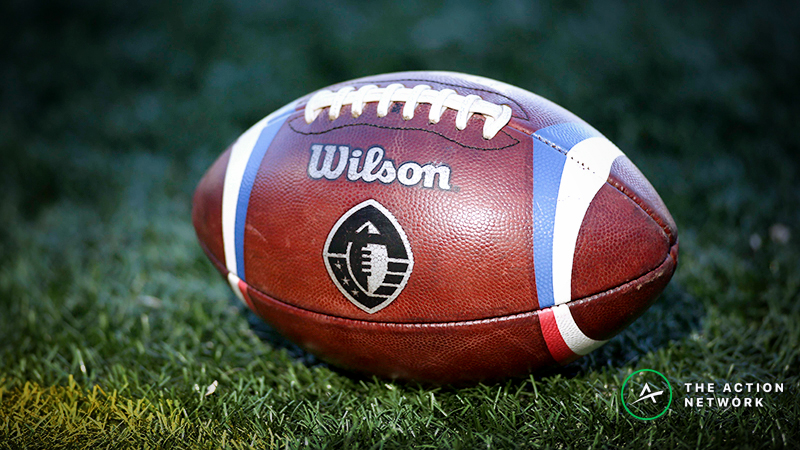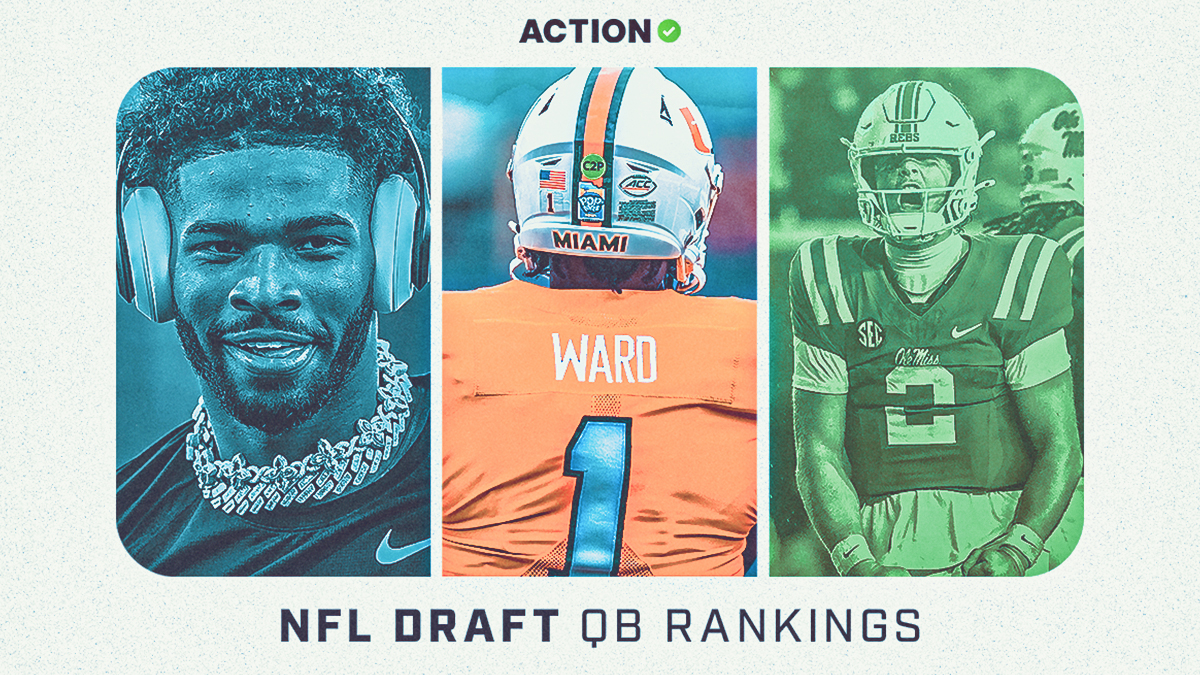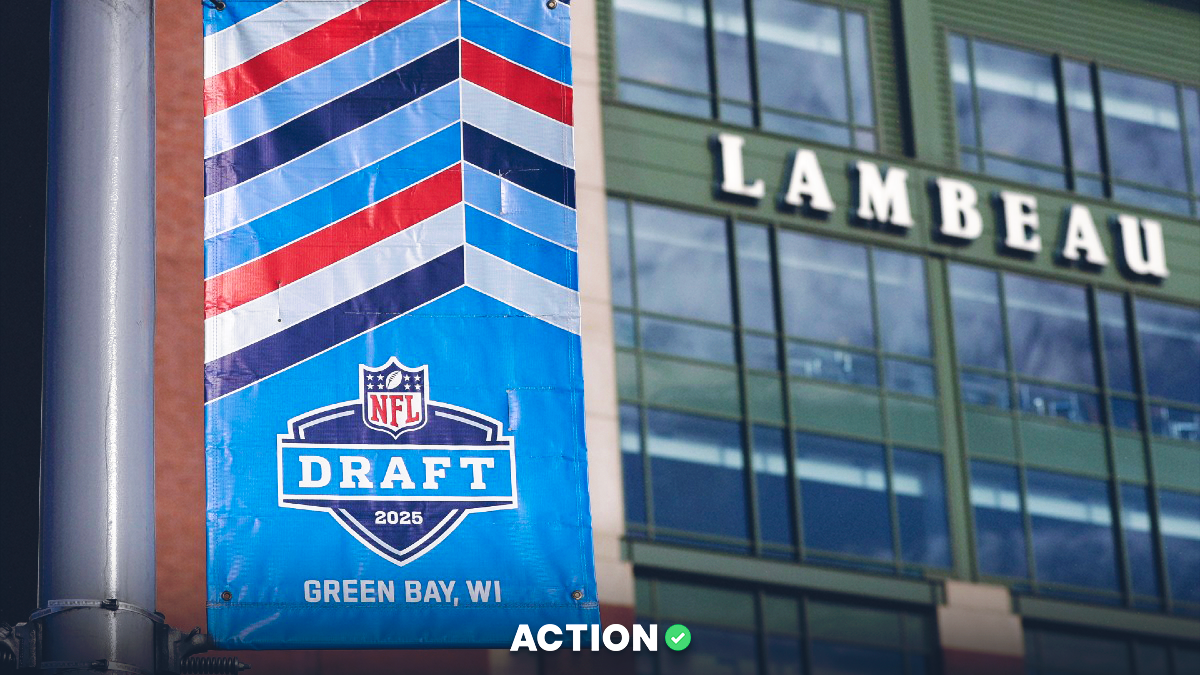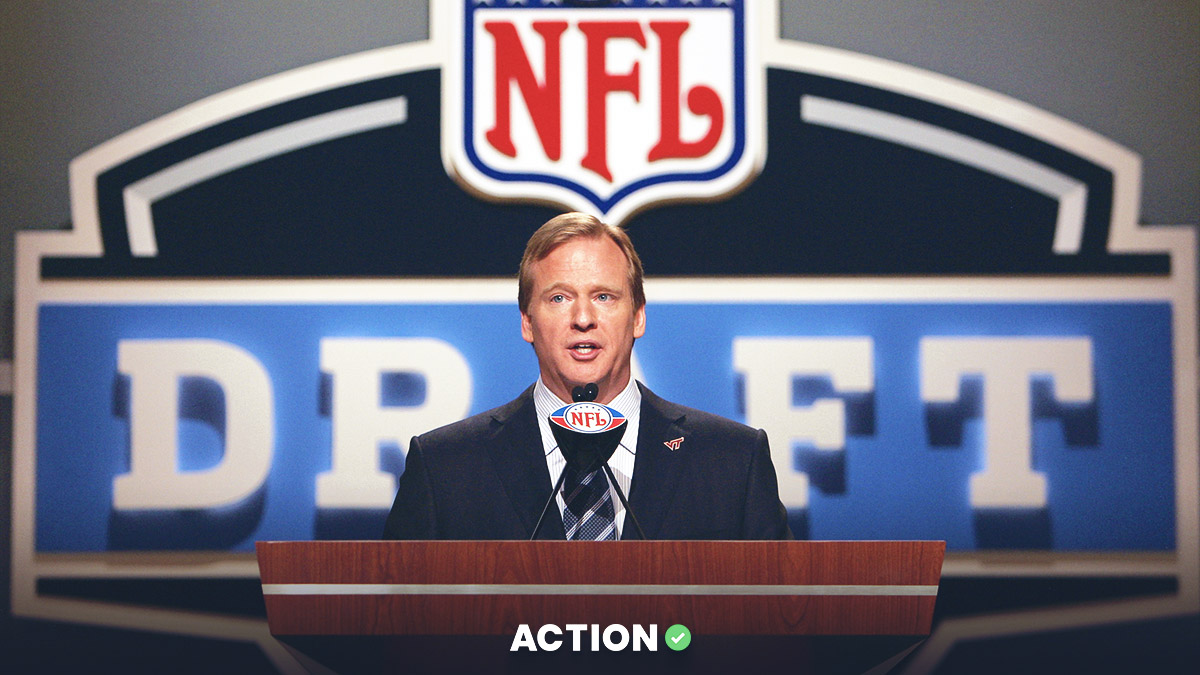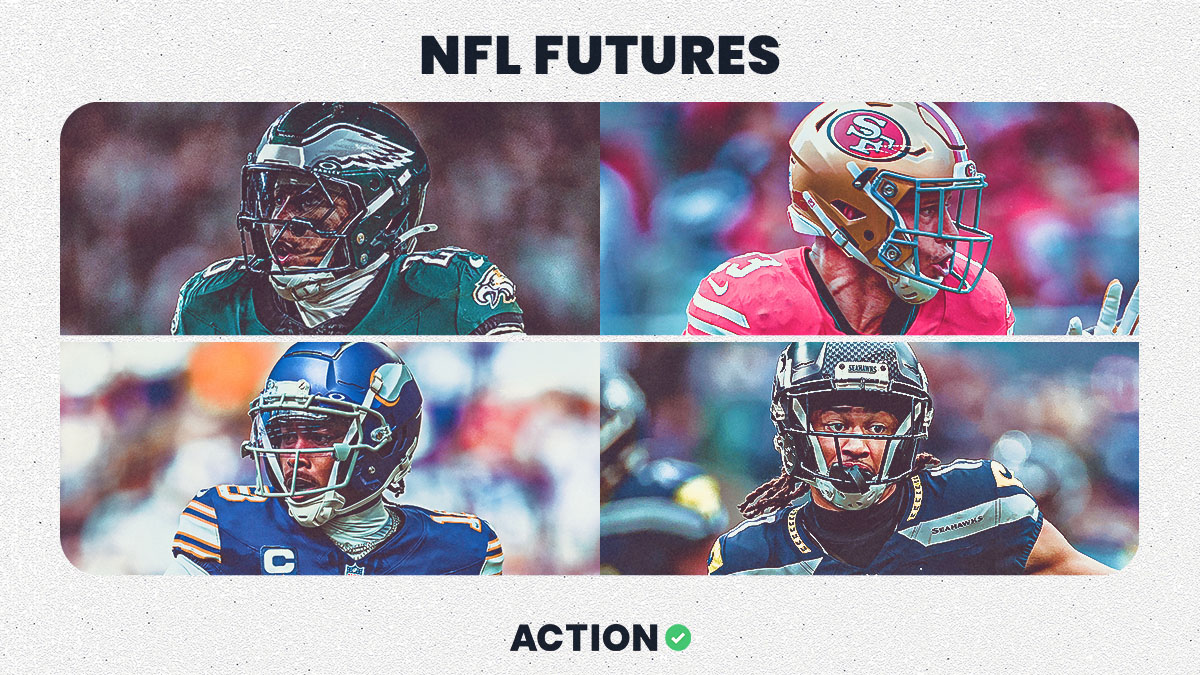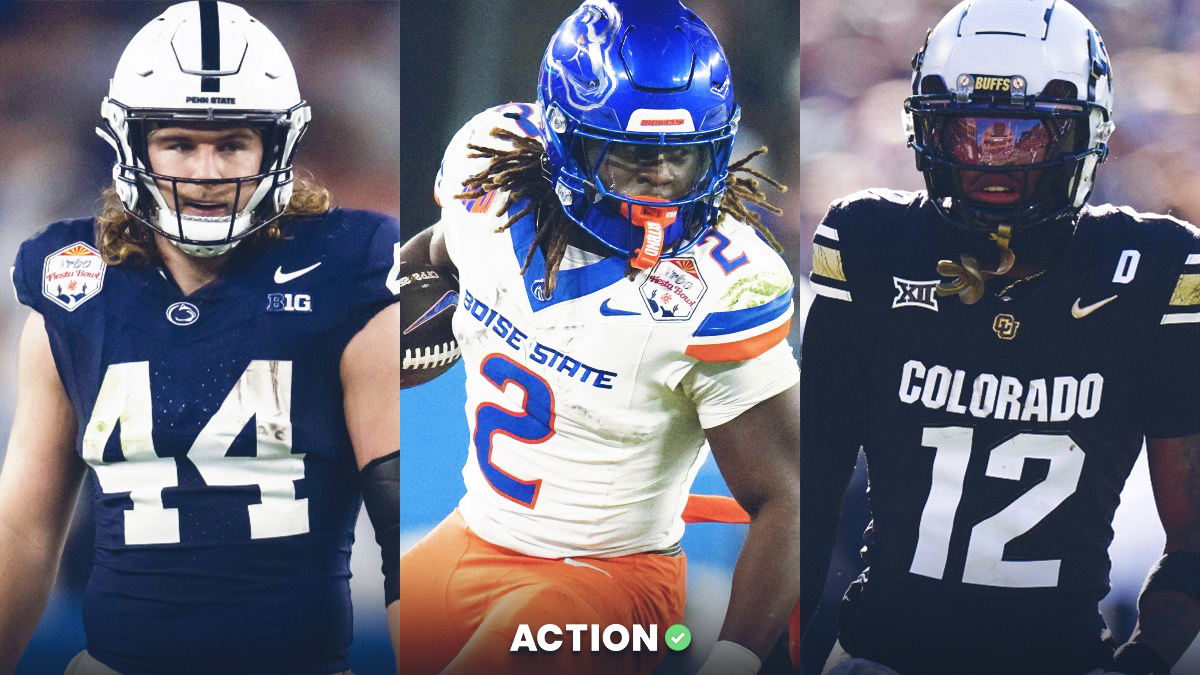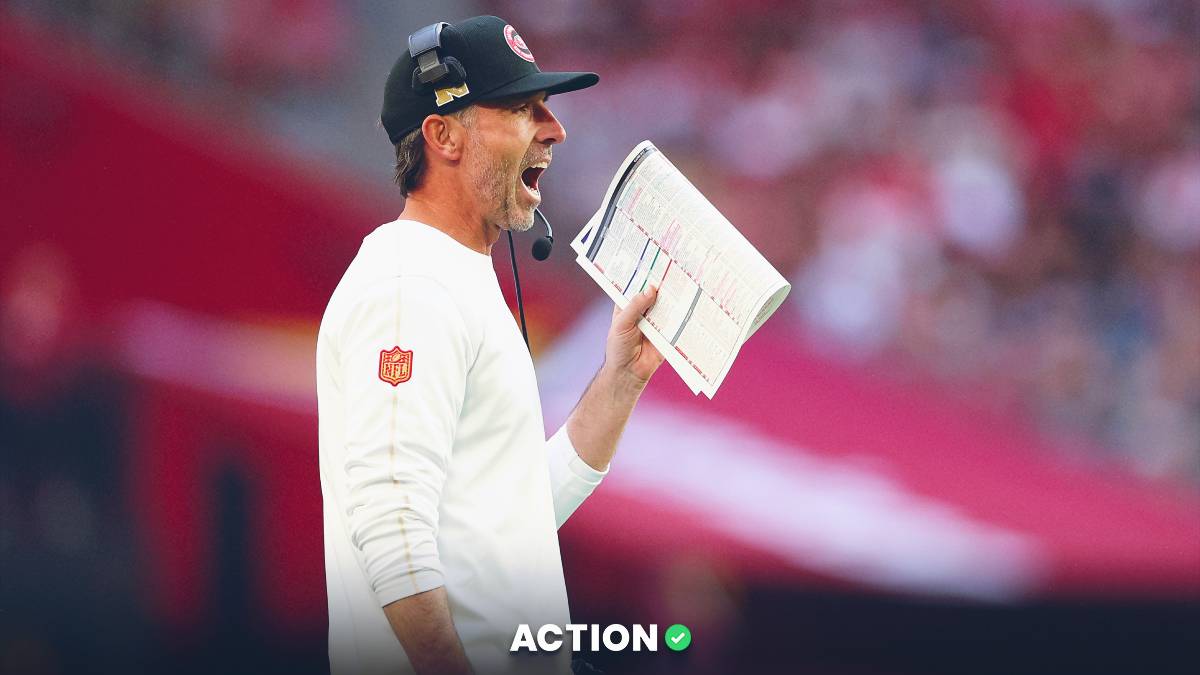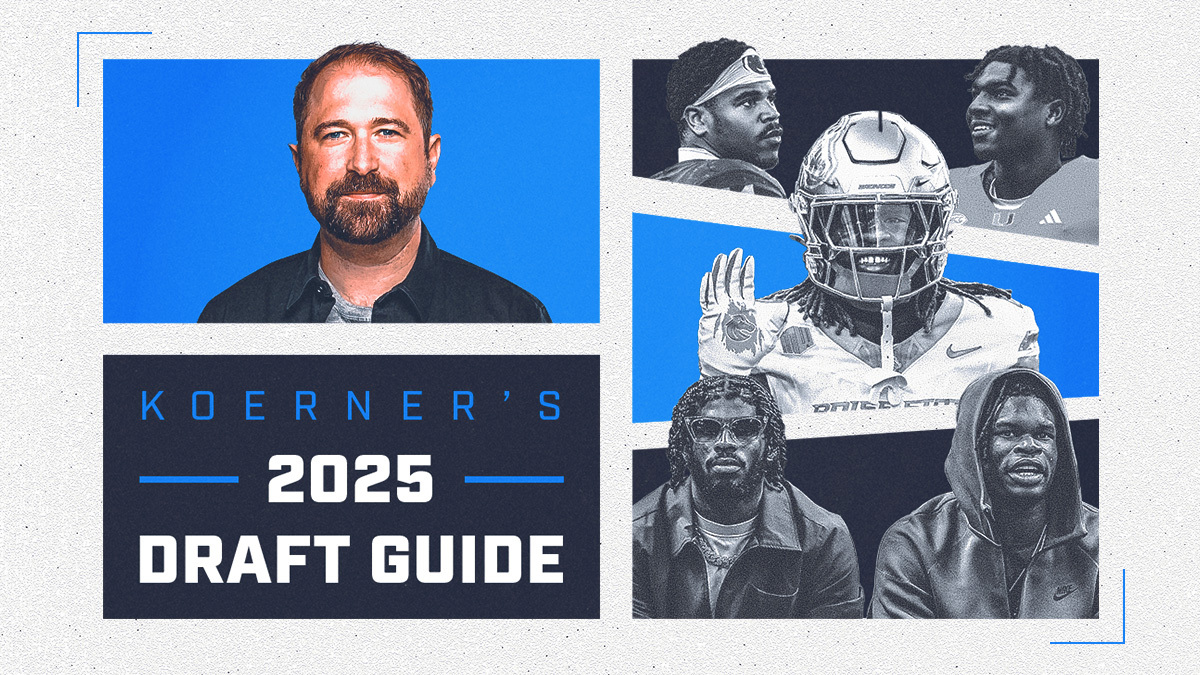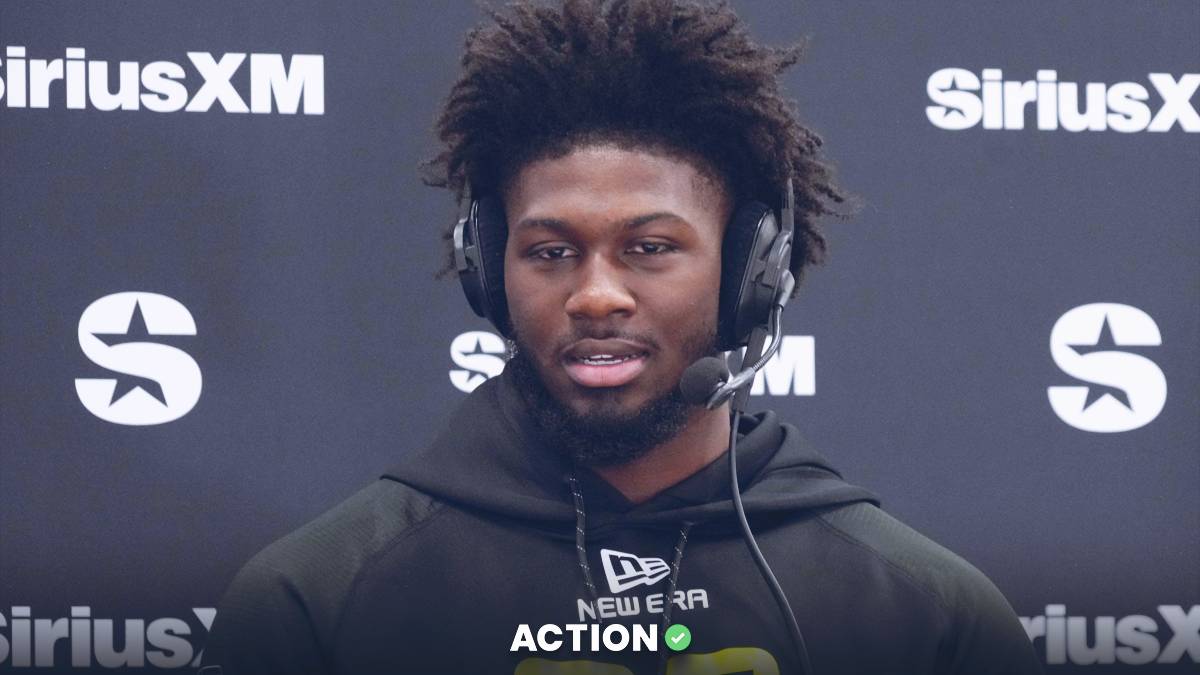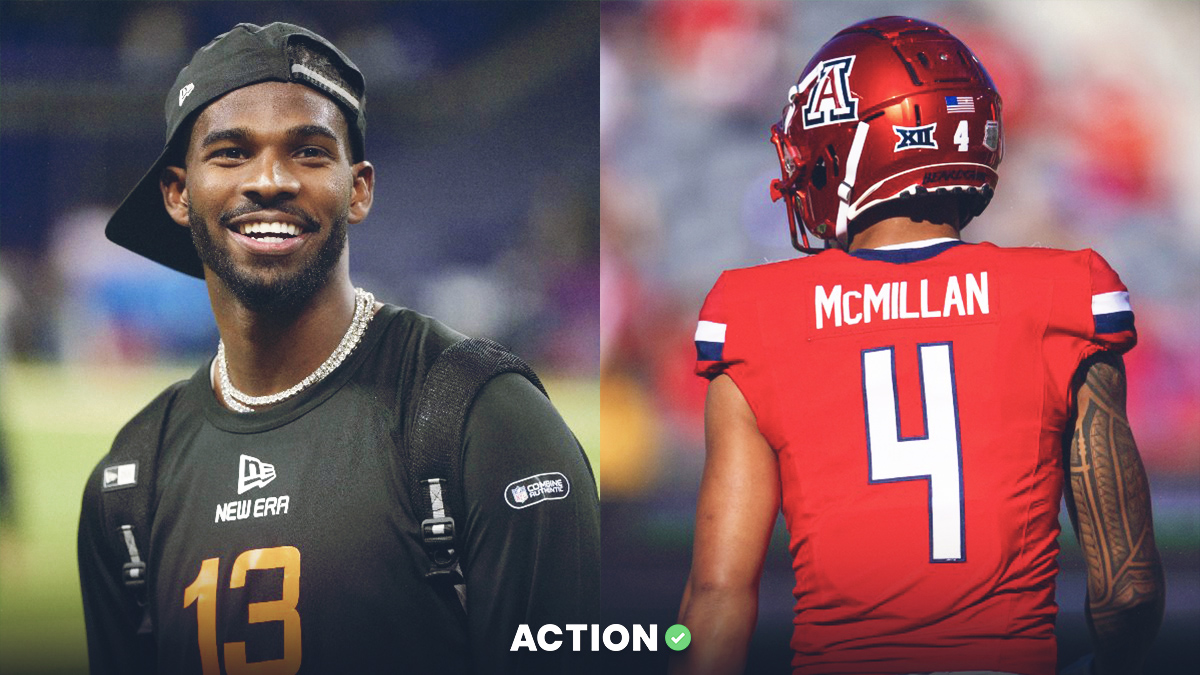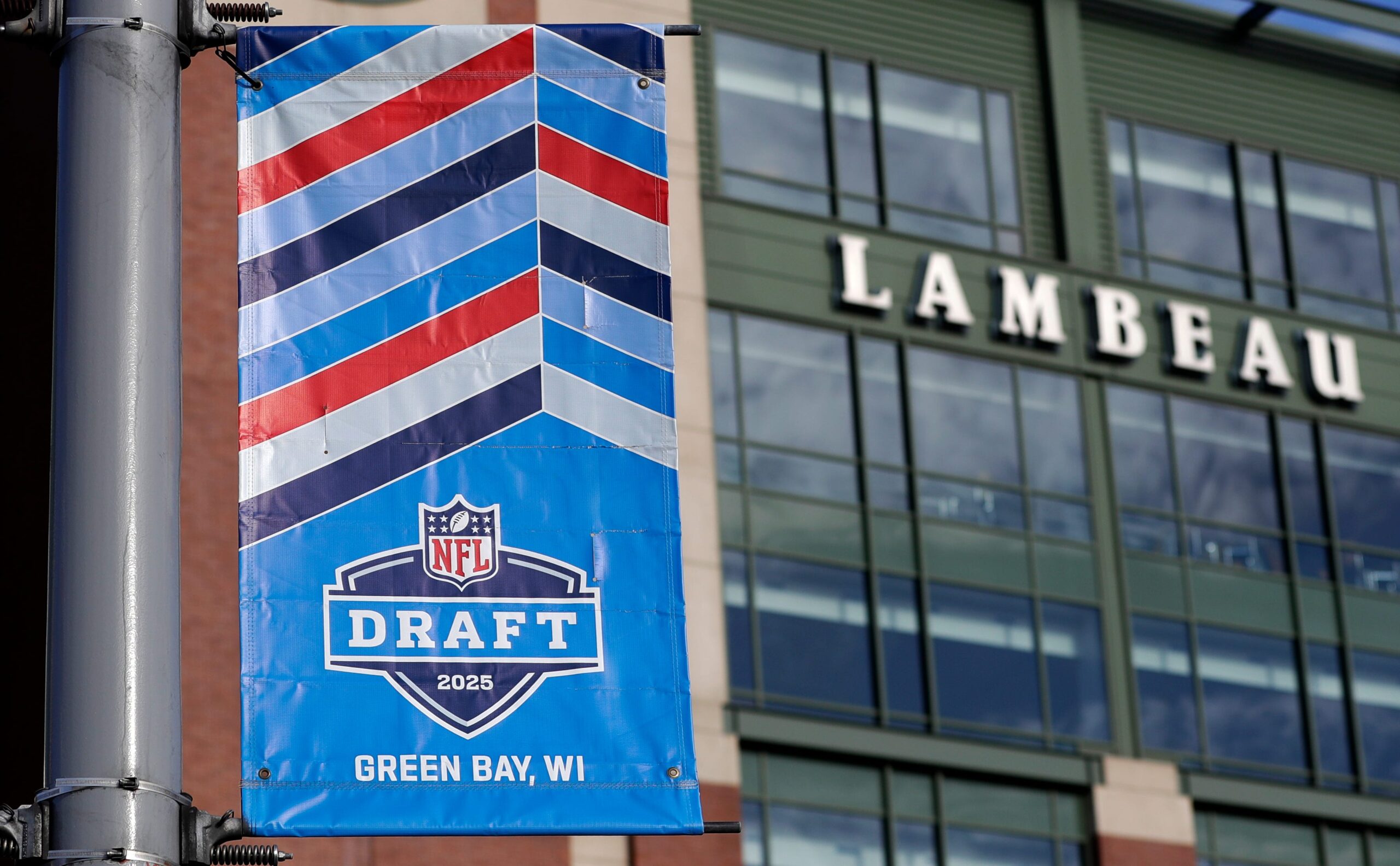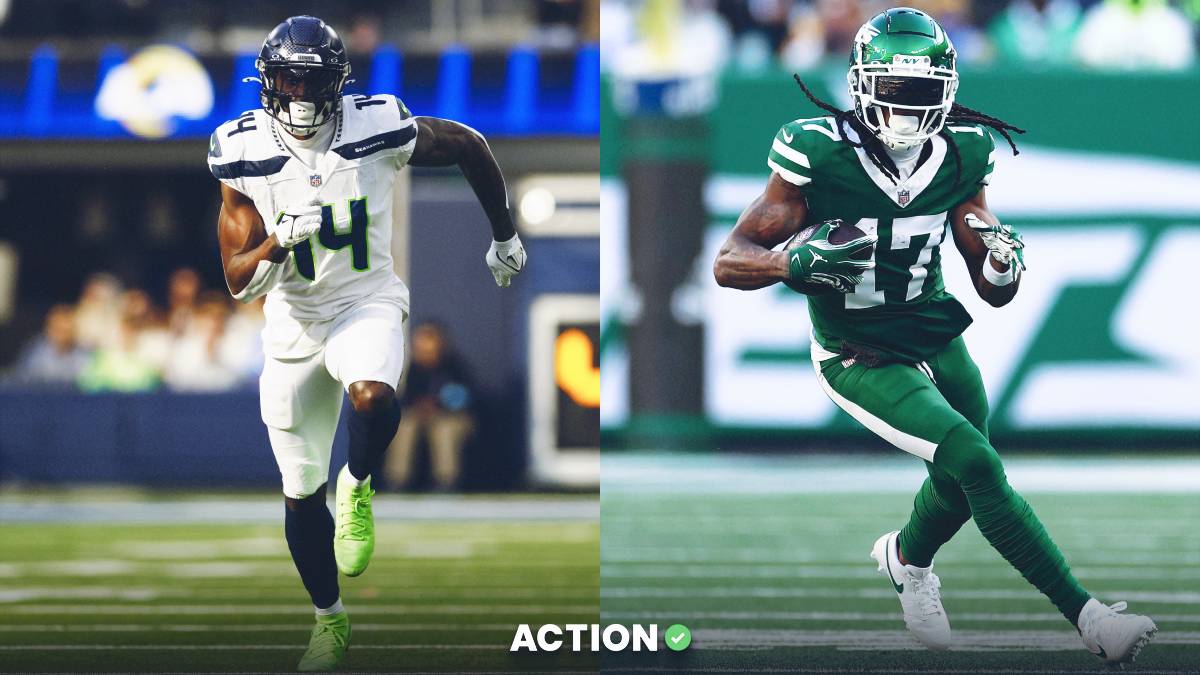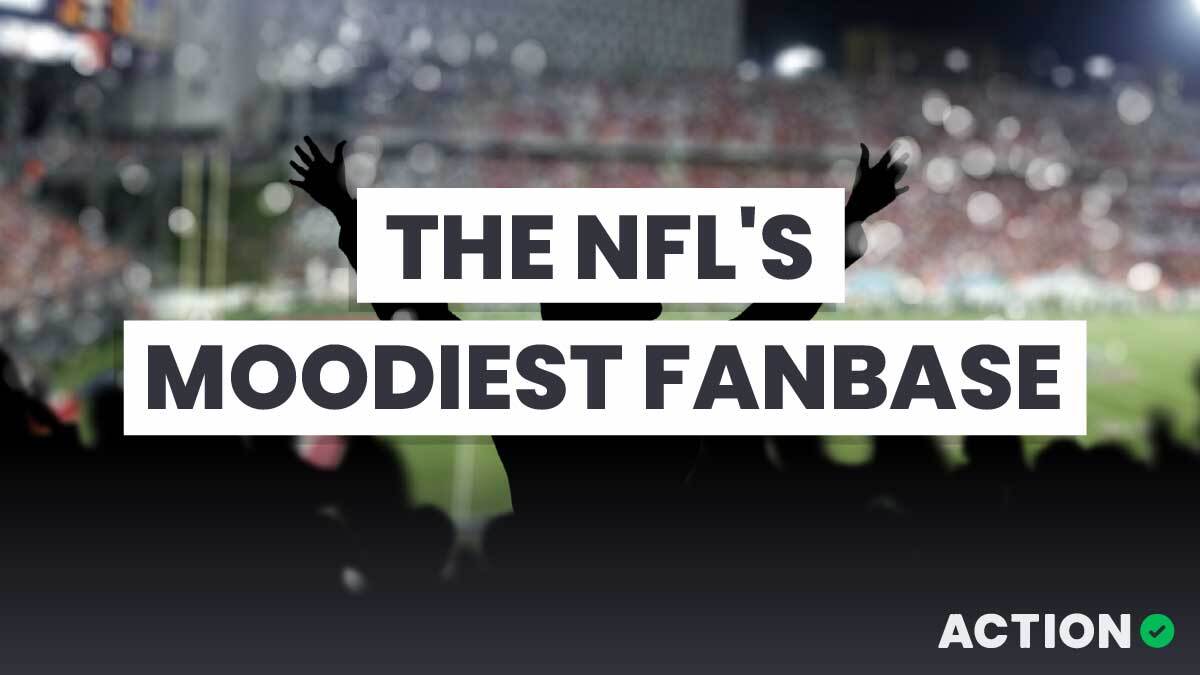The original main investor in the Alliance of American Football, Reggie Fowler, was arrested Tuesday and charged by the U.S. Attorney's Office in the Southern District of New York, the FBI and the IRS with committing bank fraud and operating an unlicensed money transmitting business.
The government entities allege that Fowler, and his partner Ravid Yosef, between February and October of 2018, moved hundreds of millions of dollars through banks for a cryptocurrency business under the guise of what they said were real estate holdings. If convicted, Fowler, 60, could face a maximum of 70 years in prison.
When the AAF was raising money, Fowler raised his hand to commit the lion's share. Sources said he agreed to fund the league with up to $170 million of his own money. Sources say the banks that are named in the fraud charges affirmed Fowler’s liquidity, but if the charges are true, the money represented as Fowler’s at the time was never actually his.
Sources said Fowler had actually ponied up $28 million and had never said he was done funding, but the money was coming in too slowly. That caused the league to have to raise money quickly to avoid going out of business.
That quest ultimately ended in league co-founder Charlie Ebersol agreeing to a deal with Carolina Hurricanes owner Tom Dundon to buy the league. Dundon committed to funding up to $250 million, but pulled the plug after losing approximately $70 million in eight weeks, according to sources.
How the AAF allowed Fowler to be the main investor seems to be a mystery, though Fowler was the original person who was going to buy the Minnesota Vikings from Red McCombs in 2005 before having financial issues.
In 2013, Fowler lost control of all his companies — there were more than 100 that he created — when it became known that he had debts of up to $60 million. He was also found to have falsified details in his bio, including that he played in the Little League World Series, that he graduated from the University of Wyoming with a business degree (it was in social work) and that he played in the NFL (he was cut by the Cincinnati Bengals in training camp).
Fowler told people he preferred to remain in the background, which is why his name was never mentioned when the AAF talked about owners. His name first appeared in an Action Network story in March.
When the league filed for Chapter 7 bankruptcy on April 17, it listed liabilities of $48.3 million with only $11.3 million in assets and $536,161 in cash.
On Tuesday, in a bankruptcy filing by Legendary Field Exhibitions, the original AAF parent company, the organization said it essentially had nothing to give to creditors and that they shouldn’t bother to file.


